Filter Coffee vs Espresso
When it comes to filter coffee vs espresso, as always we are talking about taste. Not just flavour, but personal preferences. Some people will love the darker and more robust taste of espresso. Others prefer the subtler complexities of filter coffee. We think there is a time and a place for both, but there are a few differences it's handy to know.
Espresso: A Brief Backstory
In an effort to speed up the brewing process, machines were invented that used steam and water to brew coffee instantly. Firstly by Angelo Moriondo, 1884 with a process to brew batches. Then by Luigi Bezzerra, 1901 with a method that could produce individual coffees to order. Bezzerra's method would set the template for many future espresso machines.

What is Espresso?
An espresso is made by passing (near boiling) water through finely ground coffee in around 25-30 seconds with the use of pressurised steam. This makes for a very quick brew and a very concentrated drink. You could almost call it chewy, it's so dense (almost).
Even though it is a very intense beverage, and not to everyone's tastes, the espresso forms the basis for many of your favourite milk-based coffee drinks like lattes and flat whites. For more on each of these, take a quick look at our Fake it as a Coffee Person: Glossary of Coffee Terms.
It is a very different beverage to filter coffee.
Filter Coffee: A Brief Backstory
The first paper filters were invented in 1908 by a German businesswoman, Melitta Bentz, who loved coffee but wanted to remove as many of the fine grinds as possible from her cup. Through trial and error she discovered that blotting paper produced a superior brew and had the benefit of being much easier to clean up.

What is Filter Coffee?
Filter coffee uses - wait for it - a filter to hold the grinds as hot water passes through them. This typically happens under gravity, but there are some differences for things like French press (where the grounds are immersed for a period of time), and Aeropress (which is a combination of immersion and filter).
This brewing method is more time consuming than espresso, but good things come to those who wait. A filter coffee is generally clearer and lighter. It can showcase more of the lighter, brighter flavours within a coffee. Also, as a bonus, it is a much larger volume of drink! You can brew a mug or three at a time instead of sipping your 30ml intense espresso.
Filter Coffee vs Espresso grind size:
We would recommend freshly grinding freshly-roasted beans no matter what brew method you are using. If you are unable to grind your own, we will happily do it for you. We just need to know which method you will be using. The espresso brew method can be very sensitive to grind size and requires it to be much finer.
Filter coffee will generally use a courser grind and can vary depending upon which brew equipment you are using (V60, Aeropress, etc).
If you are unsure, we will be more than happy to help out.
Which beans should you use?
We've dealt with the Arabica vs Robusta question before, so we won't go into that here.
However, these two very different brew methods (ways of extracting flavour and caffeine) need different preparations of beans. Coffees labelled 'for espresso' tend to work better in espresso or bean-to-cup machines and are typically darker roasts with more robust flavours. These beans will have been balanced and roasted with the espresso brew method in mind so will be a good place to start.
For the filter coffee brew method, light to medium-dark roast beans are preferred as the method preserves more of those complex and subtle flavours.
But, you can experiment! Try putting any coffee into any brew method and see if you like the results. That's one of the great joys of specialty coffees. You can try things and find out what works for you. Who knows, in your filter coffee vs espresso experimentations, you might discover something completely new.

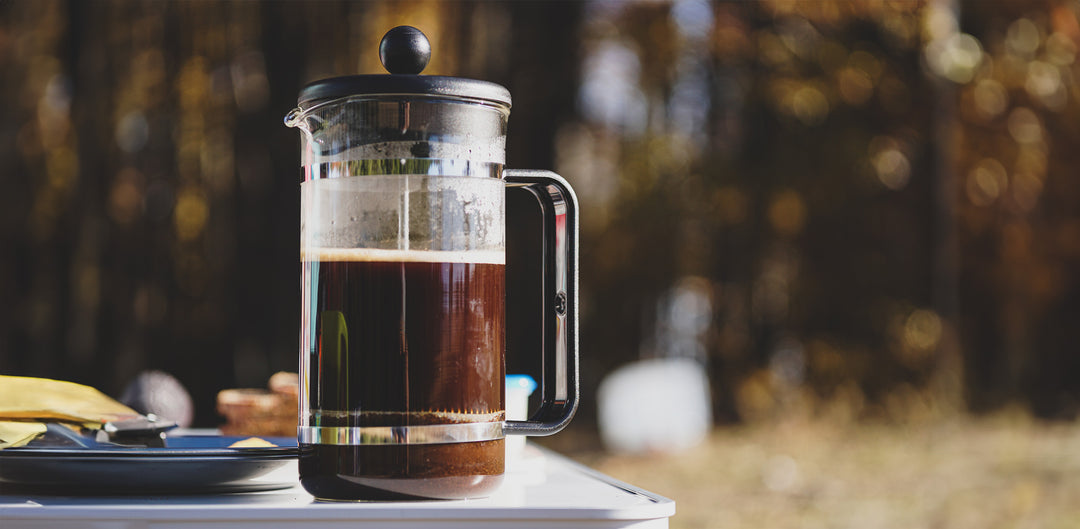
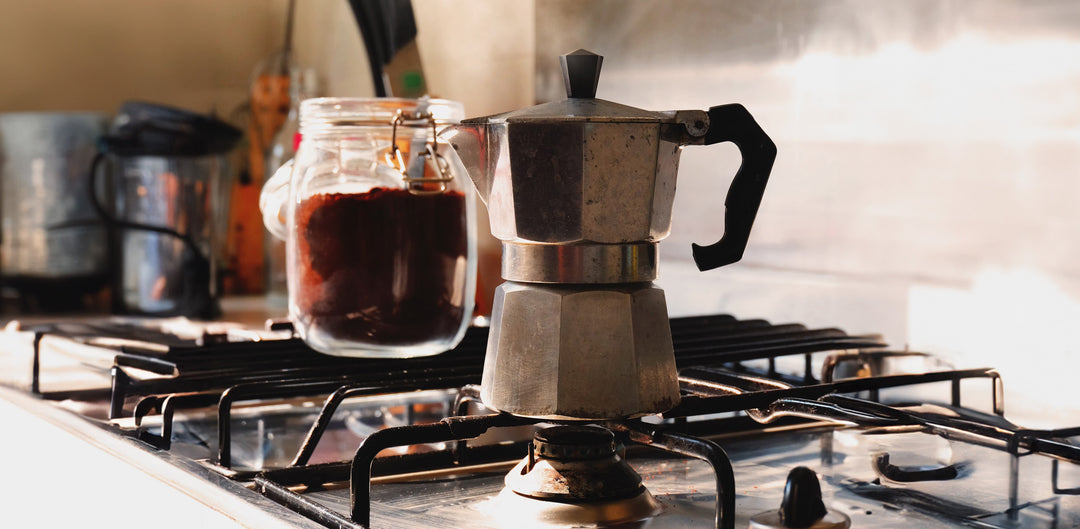
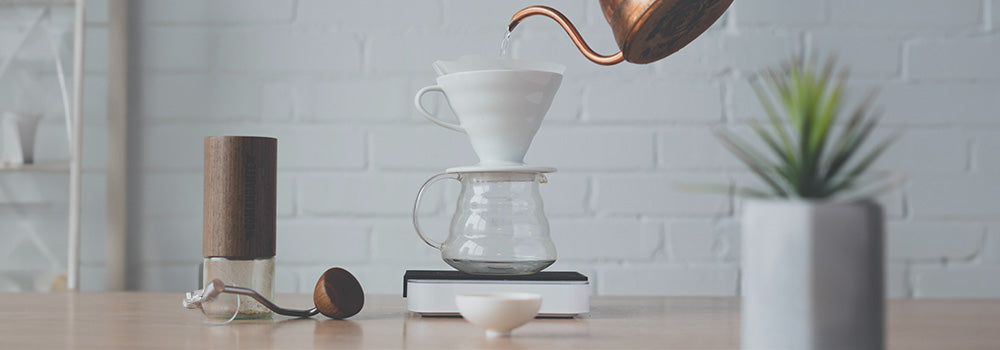
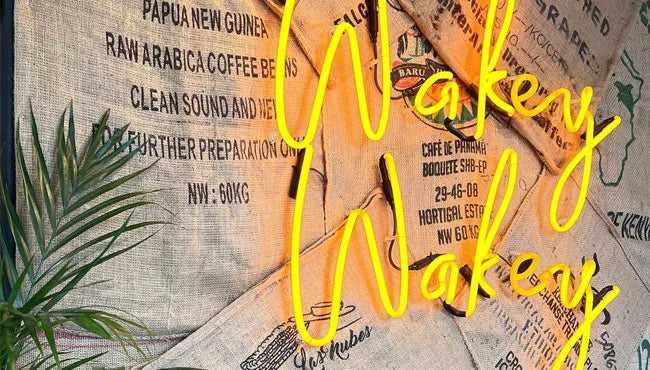
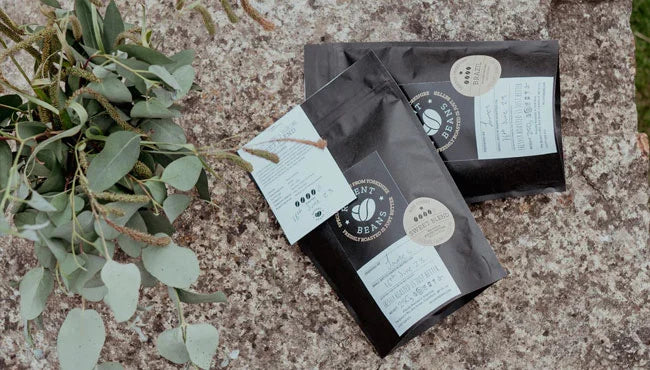
Leave a comment